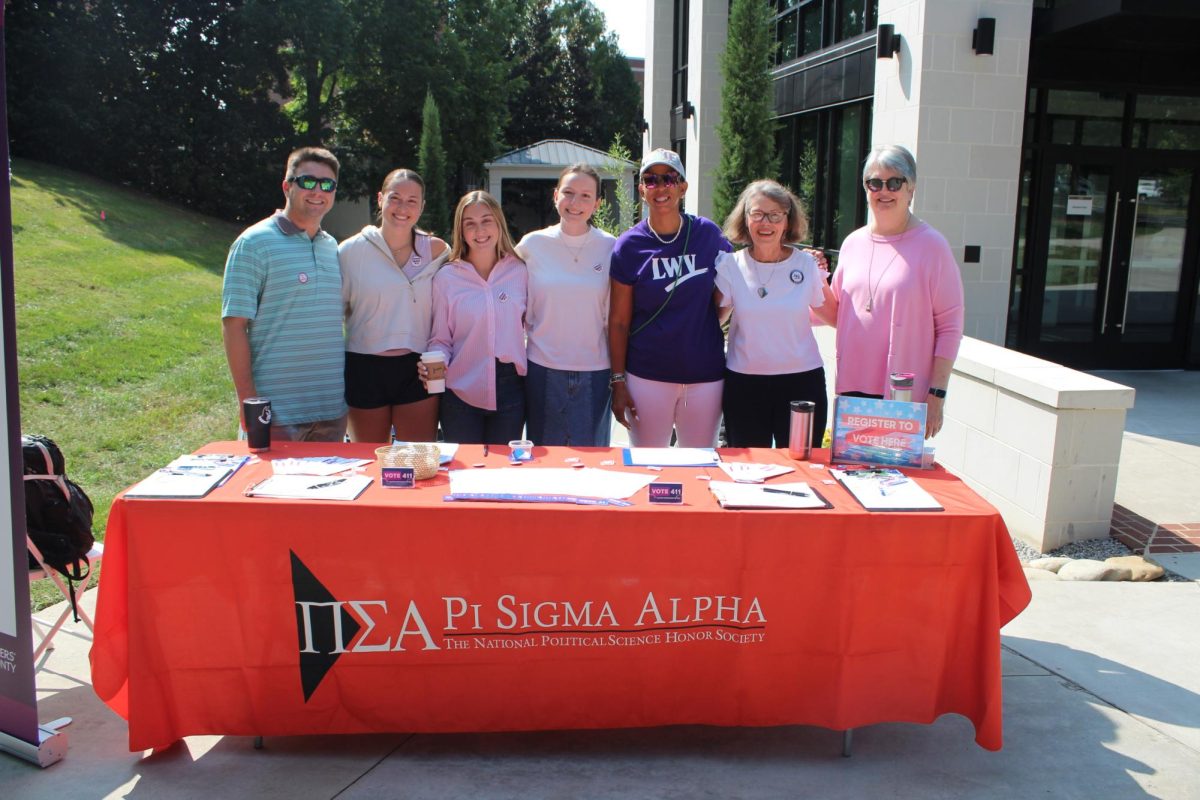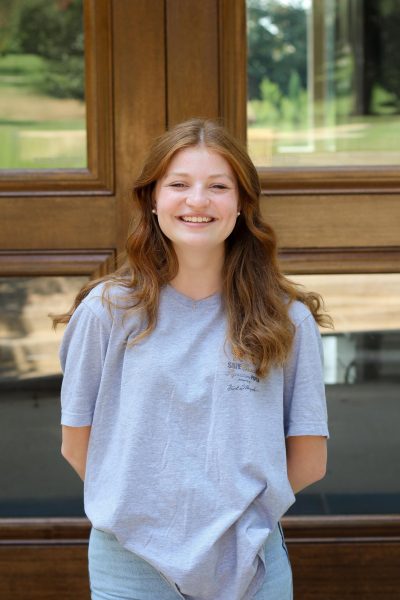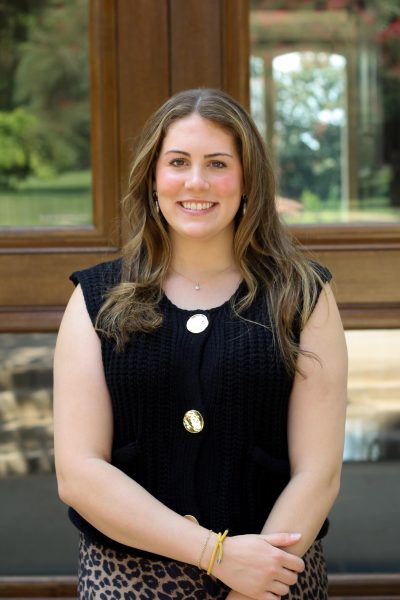Election years tend to be distinct. With social media and the internet, avoiding any commentary on American politics is difficult. Engaging in diverse perspectives on elections is even harder.
Dr. Dwain Pruitt, the Chief Equity Officer and Vice President of Community Initiatives at Wofford helps to program events for students and faculty that encourage more diverse perspectives on campus.
One such program is being hosted by Michael Steele, former Lieutenant Governor of Maryland and chairman of the Republican National Committee, “How to Win Elections and Lose the Country,” on Sept. 23.
This program and others like it are focused on informing students about current political and governmental processes in a diverse and academic way.
“If you do not understand the world, you are not prepared to change it, you simply become a victim of it,” Pruitt said.
A similar program by Emily Harding, director of the Intelligence, National Security, and Technology Program at the Center for Strategic and International Studies, will be hosted on Sept.19, focused on election security.
“Harding is going to talk about election security. It is apolitical in that sense, it is something that everyone should care about, no matter what side of the debate you are on,” James Bednar, professor of philosophy and chair of the department, said.
The idea behind hosting events like these for college students in particular is to allow students the space to learn and question perspectives that may or may not be similar to their own.
“In this community, you have an opportunity to think about things that you will never have again in your life. Right now, you have the luxury as college students to think great thoughts, to read great books and to really ponder what you think things mean,” Pruitt said.
Wofford aims to expand upon that opportunity as much as possible by allowing informed perspectives to be discussed in an open, academic environment.
“You need to be informed so you can sort out what things you hear that you should believe and what things you should not,” stated Bednar.
“One of the things that we are really concerned about is that we want to maintain civil discourse, and we want for people to really think about the fact that elections should bring the country together, not tear it apart,” said Pruitt.
Encouraging political literacy alongside political diversity, encouraging an understanding of not just current politics, but also an understanding of the systems in which they take place within students is a big part of what talks like these two aim to do.
“You are going to be the ones who inherit this system, good, bad and indifferent. And if you are not aware of the origins of the system, if you’re not aware of how it works, then you really are being a poor custodian of your history, and you become a victim of historical processes,” Pruitt said.
Political activity in young people is also an aim for Pruitt and Bednar.
“We talk about a lot of the sort of great men, usually the civil rights movement. What gets lost in that is the number of college students who were involved,” said Pruitt.
I really hope that the average student can come and think about the fact that if we are given to extreme partisanship, whether on the left or the right, then we are not really forging the community relationships that we need to be a viable democratic republic.”
Wofford is not unique in creating spaces for college students to engage politically, colleges across the country aim to do the same thing. Young people are being targeted more and more in political campaigning, social media spreads disinformation widely, and parties are becoming more and more divided.
To inform students, encourage them to participate politically, and to invest in teaching them the complexities of the political system and why they are important is becoming more and more of a priority.
“You’re the ones who are going to inherit the world, and so the energy that you invest has real, transformative power,” Pruitt said.































